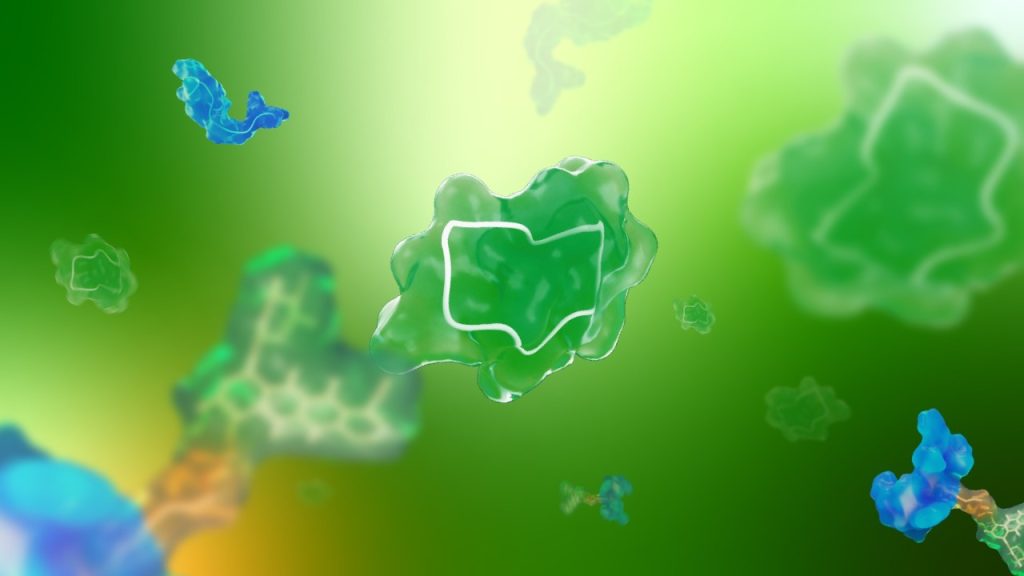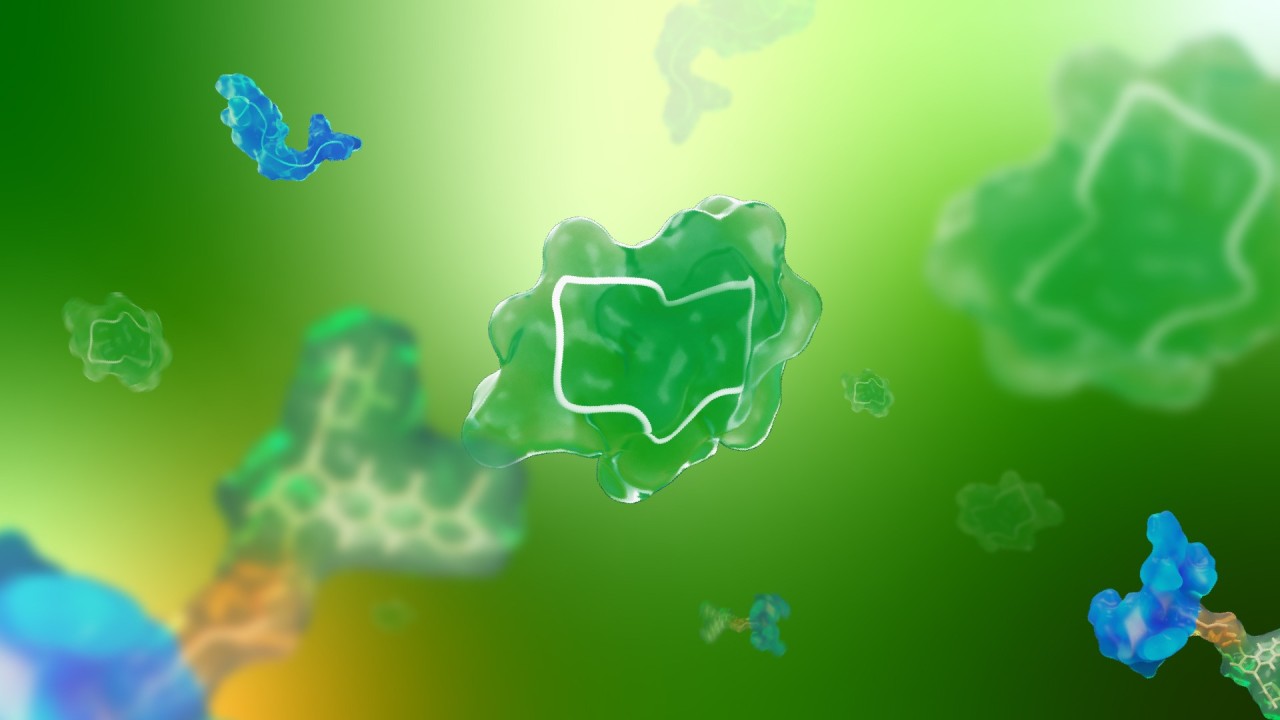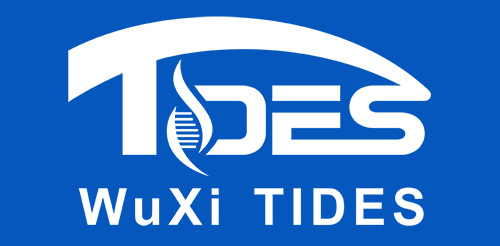Process mass intensity (PMI) is one of the most important metrics in sustainable manufacturing. It measures the total mass of raw materials required to produce a given mass of product. In peptide synthesis, PMIs are significantly higher than for small molecules — often by orders of magnitude.
A higher PMI means a more resource-intensive, and less sustainable, process. This means more solvents, more reagents, more energy, and more waste — all driving up cost and environmental impact.
Peptide synthesis at small and large manufacturing scales suffers from high PMI, requiring large volumes of solvents, reagents, water, and energy. This significantly drives up waste and carbon emissions.
Lowering PMI in peptide synthesis can cut manufacturing costs, lower environmental impact, and support more sustainable production. In the following blog, we’ll explore the drivers behind high PMI and highlight how WuXi TIDES is achieving “greener” peptide synthesis at scale.

Why the High PMI in Peptide Synthesis?
Industrial-scale peptide production relies on SPPS for peptide synthesis and reverse-phase HPLC for purification, consuming substantial solvent volumes—particularly DMF (upstream) and acetonitrile (downstream). These solvents represent the dominant factor in elevated Process Mass Intensity (PMI)
Reducing Peptide PMI: Our Strategy
With the growing prominence of peptide therapeutics, and their environmental footprint, reducing PMI has become a key focus. WuXi TIDES is leading this effort with upstream and downstream innovations that lower PMI without sacrificing product quality.
Upstream Enhancements
We’ve achieved PMI reduction through volume optimization, streamlined washing cycles, and improved coupling conditions.
The cornerstone of our sustainability strategy lies in solvent optimization – implementing usage reduction protocols, adopting eco-friendly substitutes, and establishing closed-loop recycling systems.
We’ve cut overall solvent use by 25% and replaced 50% of our DMF use with more sustainable solvents. All remaining DMF is recycled and repurposed by nearby battery manufacturing facilities, reducing waste and supporting circularity.
Downstream Enhancements
We further enhanced sustainable workflows through optimized injection load and intelligent fraction collection, driving purification efficiency while minimizing waste. By deploying advanced downstream systems like multicolumn countercurrent solvent gradient purification (MCSGP) technologies, we enable continuous-flow processing that reduces solvent demand while maintaining throughput scalability.
…And Hello to More Sustainable Peptide Production
WuXi TIDES is committed to making peptide manufacturing more sustainable by integrating green chemistry principles throughout the development and production process – from early R&D to commercial scale.
The results? Tangible, scalable, and impactful: Less solvent, less waste, and more efficient processes that don’t compromise on quality (Table 1).

These improvements not only align with global sustainability goals but also offer you a more cost-effective and environmentally responsible path to peptide production.
Let’s Build Smarter, Cleaner, and More Efficient Processes — Together.
WuXi TIDES is helping reduce the resource burden of peptide production — from early-phase R&D through commercial launch. Learn more about end-to-end sustainable peptide API services built to support you through every stage.
References:
[1] Kekessie, I. et al. (2024). Process Mass Intensity (PMI): A Holistic Analysis of Current Peptide Manufacturing Processes Informs Sustainability in Peptide Synthesis. The Journal of Organic Chemistry, 89(7), 4261–4282. https://doi.org/10.1021/acs.joc.3c01494






